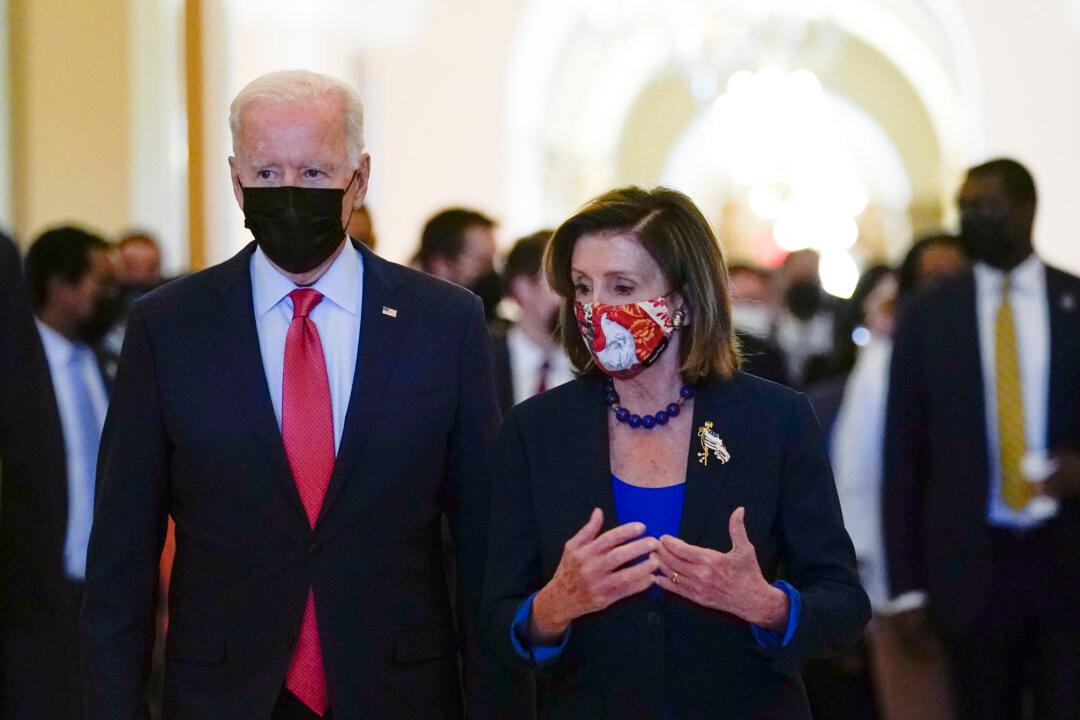House Speaker Nancy Pelosi (D-Calif.) on Friday delayed a vote on a Senate-passed infrastructure bill, drawing criticism from some members of her party.
So-called progressives and moderates within the caucus are battling over a $3.5 trillion budget proposal. The Congressional Progressive Caucus, a bloc of nearly 100 House members, doesn’t want to pass infrastructure without the lower chamber first passing the mammoth budget piece, but moderates say the proposals should be considered separately and have urged a vote on the infrastructure bill.





